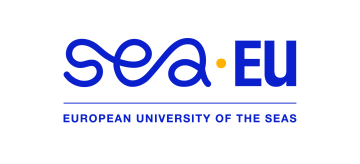AI in Radiology at the Intersection of Bioethics and Accountability: An EU Health Union and Union Values Governance Frame
The project will undertake a comparative analysis of Poland and Italy concerning the bioethical and legal implications of deploying AI in healthcare, with particular emphasis on the civil, criminal, and professional (disciplinary) liability of medical professionals. The analysis will examine: (i) the applicable standard of care in AI-supported practice; (ii) the attribution of responsibility for clinical decisions supported by AI systems; (iii) requirements for documenting AI-assisted decision-making processes; and (iv) the role and scope of informed consent in this context.
